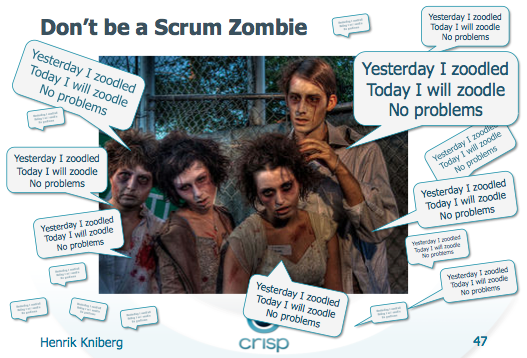Writing a Team Contract
Steven J Zeil
The purpose of the team contract is to clarify and enforce a team’s expectations for one another.
You will be held accountable to the terms to which your team has agreed.
1 Team Membership and Grading
-
On each phase of the project, a team receives a base score determined by what was submitted. Each individual’s score is determined by multiplying that base score by a teamwork modifier. That modifier can shift the base score up or down by the equivalent of multiple letter grades.
- In the early phases of the project, the teamwork modifier is determined primarily by a peer review survey.
- In later phases, this survey is augmented by objective data collected by the instructor.
-
Any student may opt to leave their team at the end of a project phase. They may do so by giving notice to the instructor no more than one week before the end of a phase and no later than two days past the start of the next phase.
There is no grade penalty assessed for leaving a team, but there may be a penalty, as described below, for failing to join or form a new team.
-
A student may be fired from their team for failure to live up to the team contract. Firings require approval of a majority of the other team members and approval of the course instructor. Information on this process may be found here.
Students who are fired will receive a penalty to their teamwork modifier for the project phase in progress when the firing was initiated. There may also be a penalty, as described below, for failing to join or form a new team.
-
Students who leave a team or who are fired from a team may seek to join an existing team or to form a team of their own. Joining an existing team requires an approval of the majority of existing team members. Forming a new team requires a minimum of three participants and approval of the instructor. Teamwork phases for future phases (completed entirely while on the new or existing team) will be computed normally with no penalty carrying over from a prior firing.
-
Students who are unable or unwilling to join an existing team or to form a new one may pursue the project on an individual basis. But, because this course is about how professionals work collaboratively, students who work on an individual basis will incur a significant penalty to their teamwork modifier.
2 Instructions: Drafting the Team Contract
Work together to draft your team contract. Create a shared document in Google Docs, shared with your teammates and the instructor, as described below. When it is completed, each team member must “sign” the contract by sending an email to the instructor containing a link to the contract and the statement “I agree to this contract.”
There are 3 required sections to the contract:
- Contact info: The name and ODU email address of each team member. Phone numbers are optional.
- Availability: Discuss your schedules and identify and list weekly times when you are available to meet. (At a minimum, this should include the time slot assigned for your recitation section in this course.) Come to an agreement on how much lead time is reasonable when calling for a meeting.
- Expectations: Identify your expectations for what constitutes expected behavior of each team member. These may vary considerably from one team to another, depending on what you consider to be most important. Some possibilities:
- Each member will attend the weekly team meeting held at … ( Strongly recommended )
- Each member will attend any meetings called during the [describe] available times with prior notice of at least 48 hours.
- Should an emergency arise that prevents a member from attending a meeting, that person will notify all team members promptly.
- All team members will use email/discussion board/Discord/Teams/Slack for team communications.
- Each member will do their share of the group’s work.
- Team members will respond to email/posts within 24 hrs on weekdays, 48 hrs on weekends.
- Team members will be professional and respectful of one another in all communications.
- No team member will allow more than a week to lapse without making some substantive & visible contribution to the project. Work that only exists on a person’s own PC or in a person’s own directories does not qualify as visible.
- Each member will complete their assigned tasks by no later than 72 hours before the end of the project phase.
- During the final 72 hours of each project phase, each member will review the other members’ submitted work and will email the team with any concerns (or a statement that they have no concerns) no later than 24 hours before the end of the project phase.
It is strongly recommended that teams plan to meet once a week when a project phase is ongoing. These meetings do not need to be long. A 15-minute meeting in which each person answers these three questions:
- What have you completed since the last meeting?
- What do you plan to complete by the next meeting?
- What is getting in your way?
will go a long way towards making sure that every team member knows what is going on with the project overall.
(It will also help to identify any “zombies” on your team.)
(from https://blog.crisp.se/2010/09/01/henrikkniberg/1283373060000)


